Catherine Dawson (’12) conducts public health research in Fiji
Used with permission from Catherine Dawson.
Catherine Dawson (’12) conducted research to determine the causes of disease in Fiji’s underdeveloped, less sanitary neighborhoods.
When most people think of Fiji, they think of crystal-clear water, five-star resorts and pristine beaches. When heading to the island, however, Catherine Dawson (’12), knew that this was not the Fiji she would experience. Rather, she understood that Fiji currently faces many deadly diseases caused by living environments that are plaguing third-world countries.
After completing her masters in epidemiology at Stanford University, Dawson traveled to Fiji as a part of Revitalizing Informal Settlements and their Environments. Dawson was the leader of this group for the first seven months of the project in Fiji. The purpose of the program is to help country governments and health ministries that have many citizens living in informal settlement communities in underdeveloped countries to increase sanitary conditions of their water and environments.
“My primary role was to set up a lab in Fiji and co-develop the analysis plan to measure human health in communities,” Dawson said. “When I arrived, the location of the lab was just an empty room. I had to turn this room into a place where complicated molecular, biological and chemical tests could be conducted.”
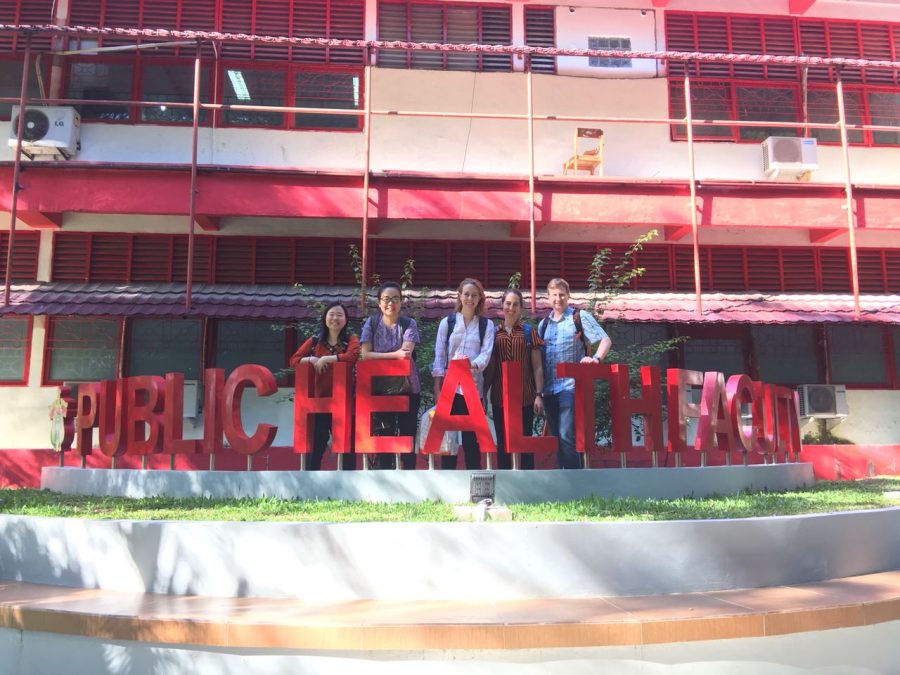
Dawson travelled to Fiji after earning her masters in epidemiology from Stanford University.
The circumstances in informal settlement communities throughout Fiji are burdened by unsanitary conditions, which are harmful to people’s health.
“In developing and underdeveloped countries throughout the world, informal settlements are growing significantly,” Dawson said. “These communities will literally pop up over night and are filled with people who make their homes on the side of a road or on an open field that are made out of corrugated iron or some other scrap material.”
Located in urban areas, these communities are growing at a significant rate because people are moving to cities for work and cannot afford a city home. According to Dawson, over one billion people currently live in informal settlements in the Asia/Pacific region alone.
Unlike most areas of the United States, individuals living in informal settlements do not have access to plumbing and drainage because the cities they are located in did not produce the plans for plumbing and draining. Without a proper place to use the restroom, fecal matter and urine end up on the ground and contaminate the water.
“RISE is being completed because if we build natural and ecologically friendly sewage systems and find a way to treat the water, then we can reduce the amount of fecal exposure or contamination that people are normally exposed to,” Dawson said.
For the first seven months of Dawson’s work, she was the only long-term resident in Fiji who was not a native Fijian. Non-natives involved with RISE only visited for one week every few months.
“It was like leading part of a startup company because the program began in November and was set to be completed over the span of five years,” Dawson said.
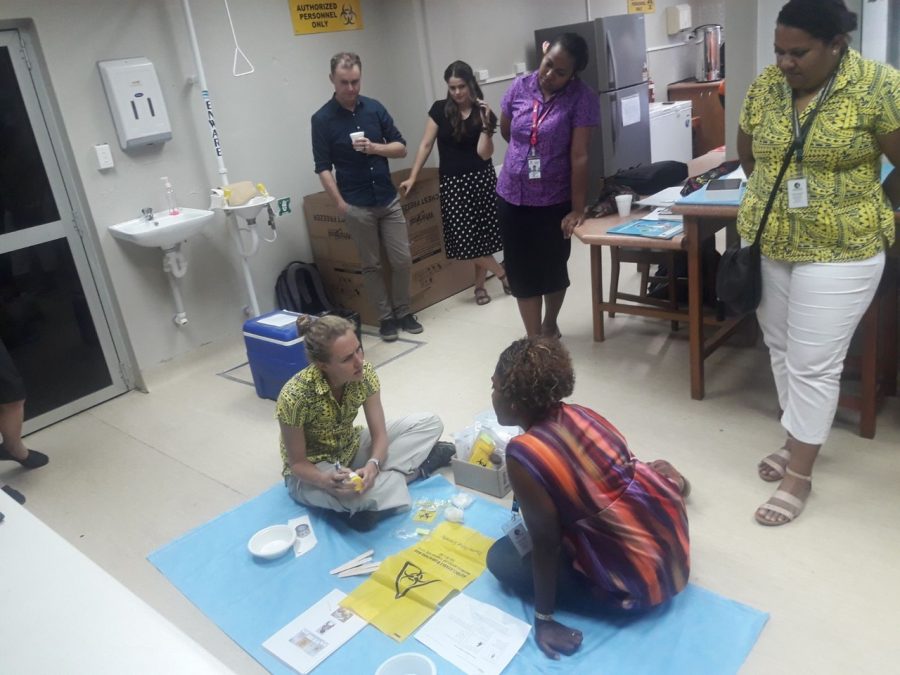
Dawson helped transform an empty space into a fully functioning lab, containing all the equipment needed for the group’s biological and chemical research.
Finding supplies needed for the lab and assuring their shipment to Fiji proved to be a difficult task, but Dawson learned valuable skills from working in the lab.
“I had to learn the technical science of what would occur in the future with people in Australia or Stanford to understand what supplies were needed in time for the research to begin,” Dawson said. “I was the middle man of this project, and my goal was to predict what we could bring in and afford and what we could not.”
History teacher Gara Johnson-West was not surprised when she heard about Dawson’s research in Fiji.
“She always takes the road less traveled to help others,” Johnson-West said. “This trip is symbolic of the fact that she lives her faith and puts herself in challenging positions to help others and do the work that she loves. Catherine is one of the most genuinely dedicated, passionately engaged and kind students I have ever had the privilege to teach.”
Being outside of the United States made Dawson realize that people in the US view things in a way that is extremely different from the way other countries view them.
“This experience was wonderful and wild. I just loved being humbled and having the opportunity to meet people from all over the world,” Dawson said. “I made some incredibly close friends in Fiji and learned so much about this culture. The people are extraordinarily welcoming.”
Her time in Fiji also altered her perspective of her goals in medicine. After her experience, she wants to be a pediatric oncologist involved in global health relating to pediatric oncology.
“When treating a patient you think about all of the daily factors in their life that affect their disease, so when treating a patient in a global setting you have the mindset that applies to their daily lives and stresses in their community,” Dawson said. “I loved my time there and would love to continue to work abroad.”




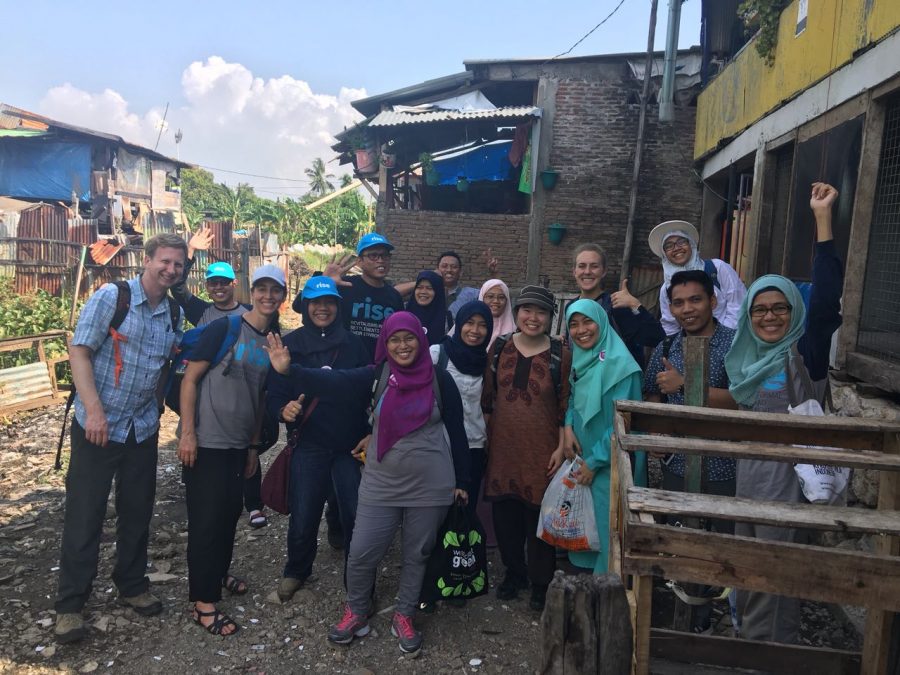
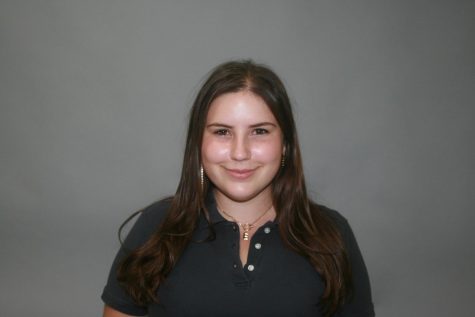

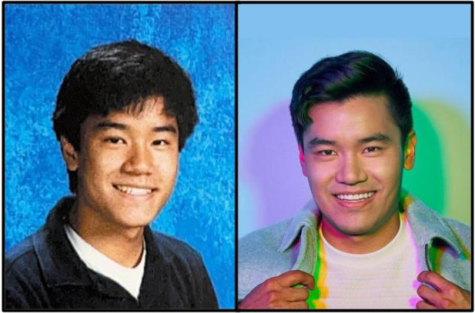
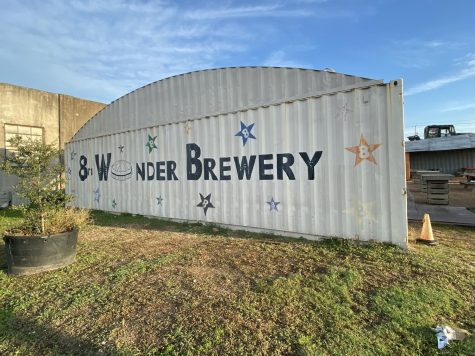






Marci Bahr • Oct 23, 2018 at 8:54 AM
Catherine continues to use her superior mind and incredible work ethic to make a difference in our wonderful world! She inspires me!
Patty setrakian • Oct 22, 2018 at 10:42 PM
I’m not surprised by Catherine’s dedication to this worthwhile project. When she sees a need her nature is to step up with focus to make a difference. That’s what makes her happy. She can be commended for her commitment.